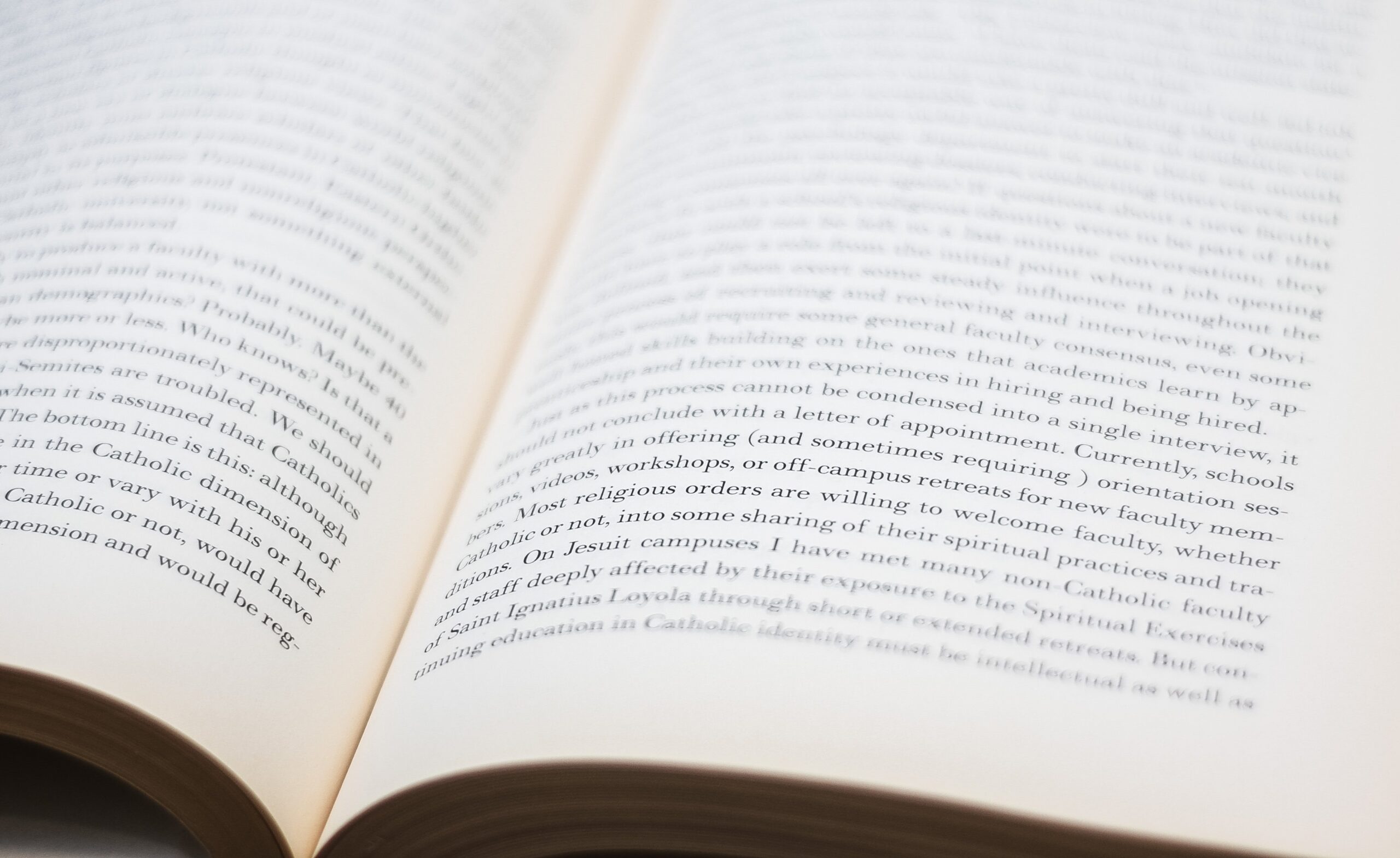Introduction
Some stories are whispered across generations — others are buried so deeply they are nearly lost forever. In What Only We Know, Catherine Hokin delivers a gripping, heart-wrenching World War II historical novel that bridges the past and present through the unraveling of a mother’s hidden life. It’s a story of identity, survival, and the long shadows cast by secrets left unspoken.
Plot Overview
When Karen Cartwright returns to her childhood home to care for her dying father, she’s forced to confront not only a house full of memories but the haunting legacy of her mother Elizabeth, who died tragically when Karen was a child. Elizabeth was always a mystery — distant, fragile, and lost in her own silence.
But then Karen finds a faded photograph and a tattered letter from a stranger, postmarked from Germany after the war. These fragments ignite a quest for the truth — a truth that upends everything she thought she knew about her family. As Karen delves deeper, she uncovers a story of war, love, and a woman who was not who she claimed to be.
Character Exploration
Karen is a deeply relatable protagonist — strong yet vulnerable, skeptical yet longing for connection. Her journey is not just historical investigation, but a reckoning with grief, identity, and forgiveness. Her voice anchors the novel in emotional truth, making every revelation hit with raw, personal impact.
But it is Elizabeth — or the woman behind that name — who lingers long after the final page. Through flashbacks and carefully crafted hints, Hokin paints her as both victim and survivor, a woman shaped by unthinkable horrors yet determined to protect the future of her child at all costs.
Thematic Elements
What Only We Know is rich with themes of identity, memory, and the intergenerational trauma of war. It poses powerful questions: How well do we really know our parents? What would we sacrifice to survive? And what legacy does silence leave behind? Hokin handles these themes with sensitivity and depth, never resorting to melodrama but instead offering quiet, devastating truths.
The dual timeline structure — moving between postwar revelations and contemporary introspection — makes the story feel urgent and timeless. The weight of the Holocaust, the scars of displacement, and the fractured pieces of personal history are woven together into a tapestry of loss and hope.
Writing Style and Pacing
Catherine Hokin’s prose is lyrical yet restrained, striking the perfect balance between emotion and elegance. Her descriptions evoke vivid atmosphere — whether it’s the cold silence of a family home or the unspeakable shadows of a wartime past. The pacing is deliberate but never slow; each chapter peels back a new layer, drawing the reader deeper into the mystery and the emotional world of its characters.
Critical Reception
With thousands of glowing reviews and an impressive 4.4-star rating, What Only We Know has touched readers worldwide. Praise centers on its emotional depth, evocative writing, and the way it honors hidden histories. Many readers call it one of the best historical fiction novels of the year — a book that lingers long after the last page is turned.
Conclusion
What Only We Know is not just a novel — it’s a revelation. It reminds us that the past is never truly gone, only hidden, waiting for the brave to unearth it. For readers who cherish emotional, character-driven historical fiction with mystery at its core, this book is an unforgettable journey into the heart of love, loss, and redemption.
👉 Uncover the Secrets in What Only We Know Today

